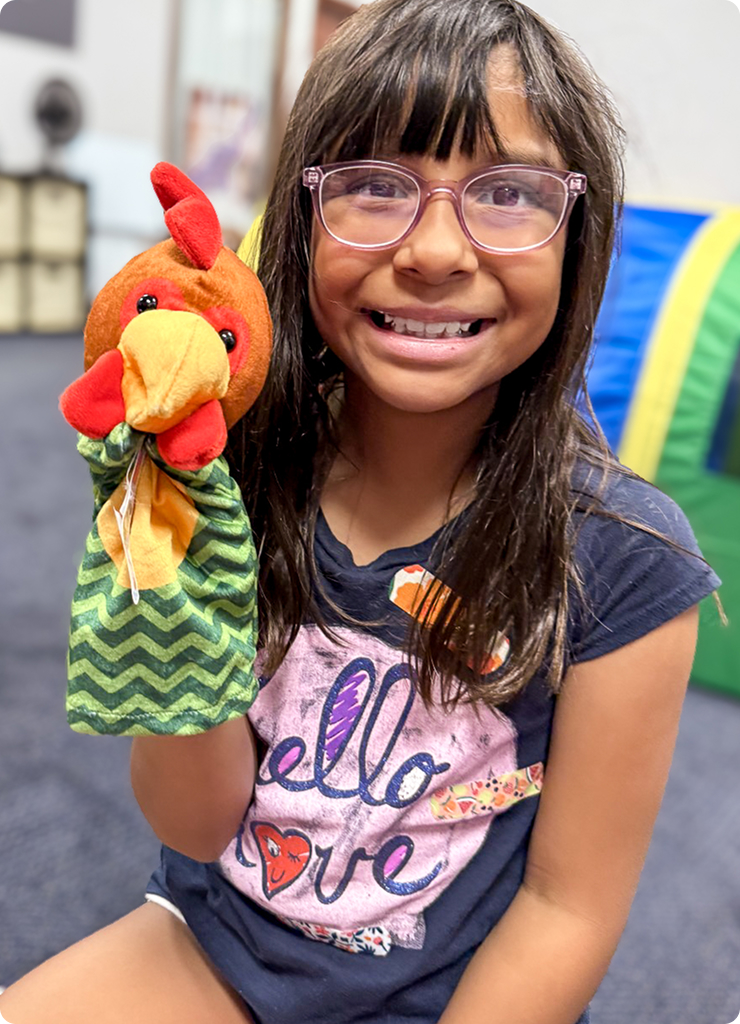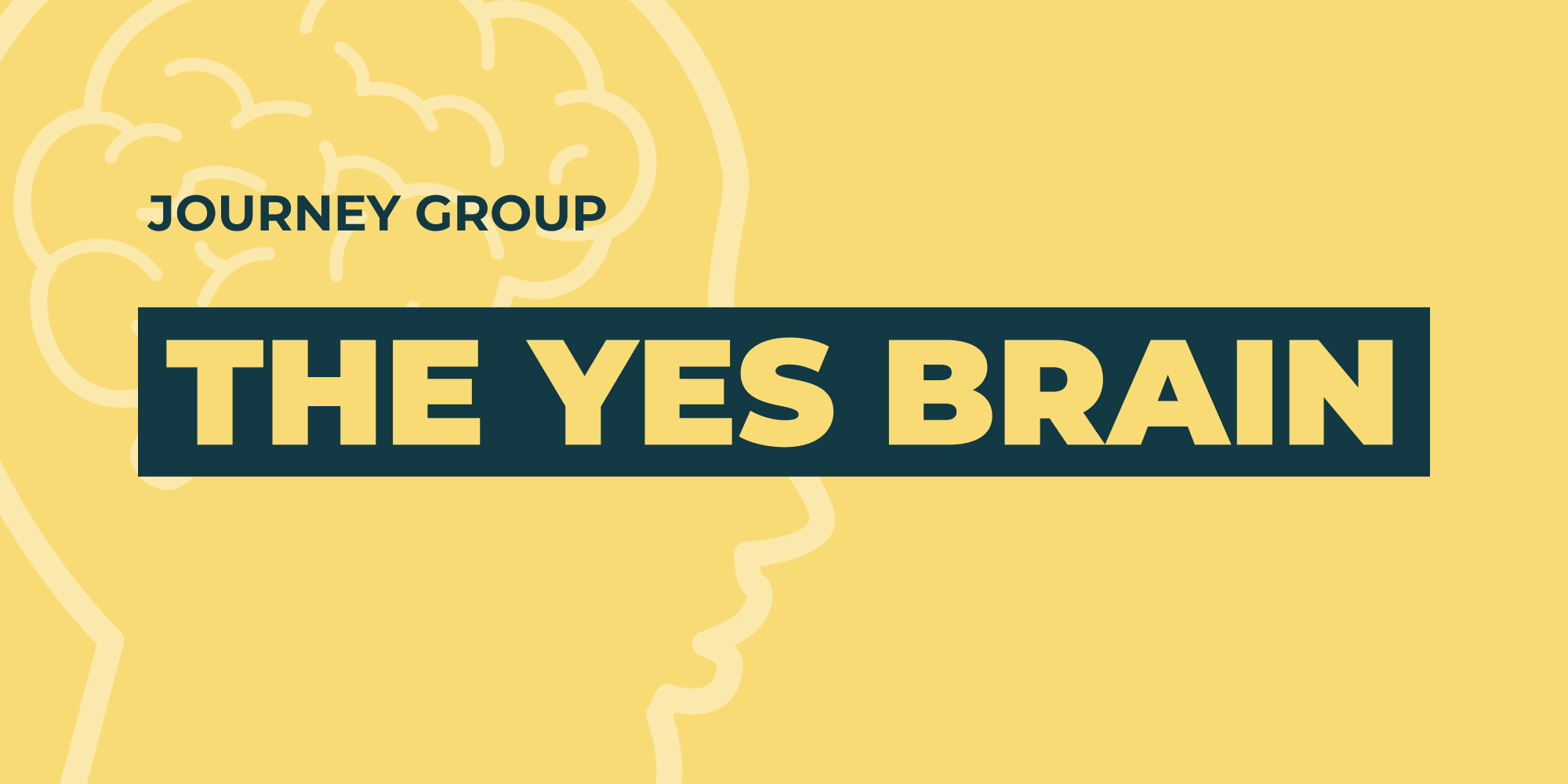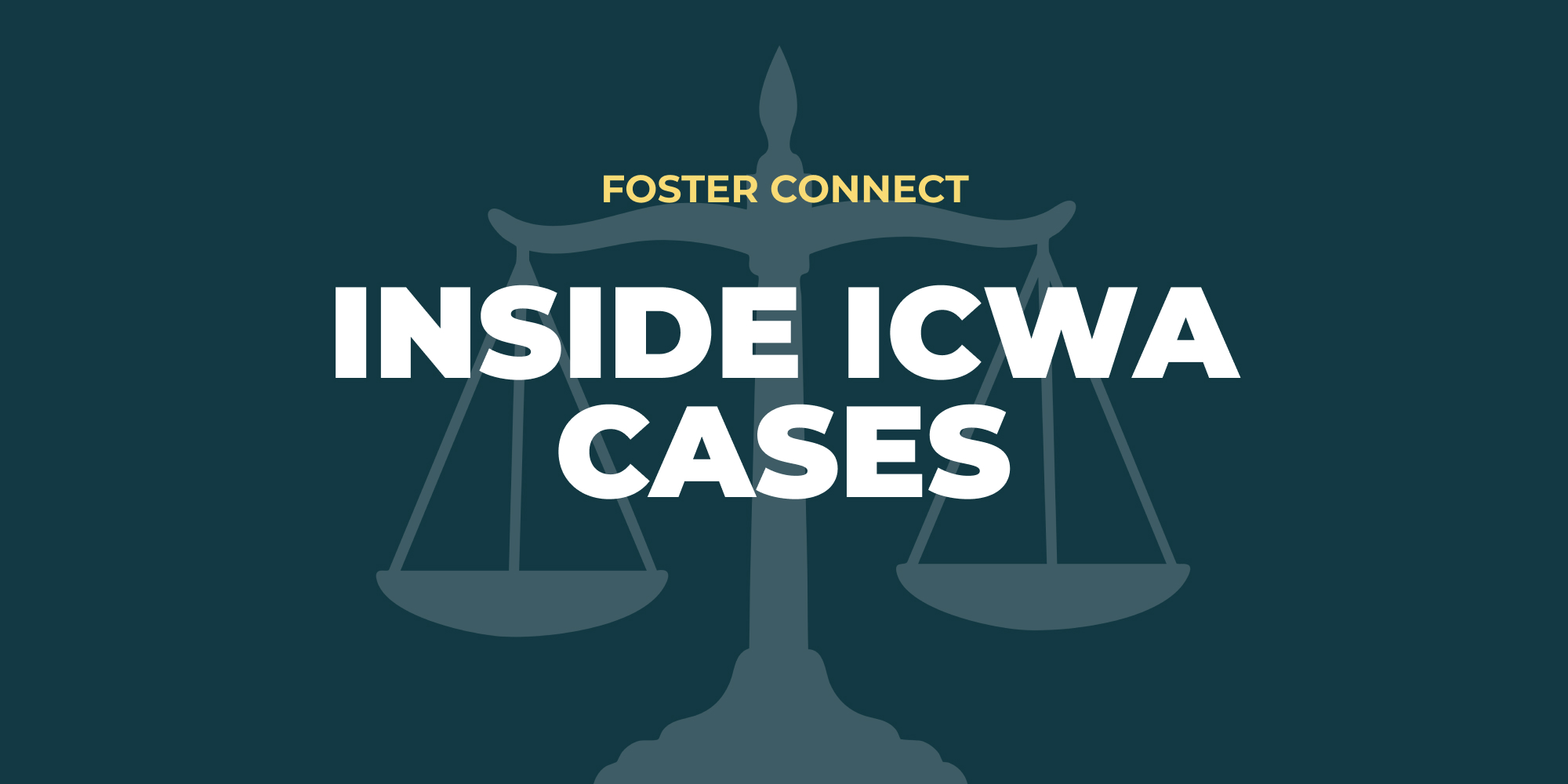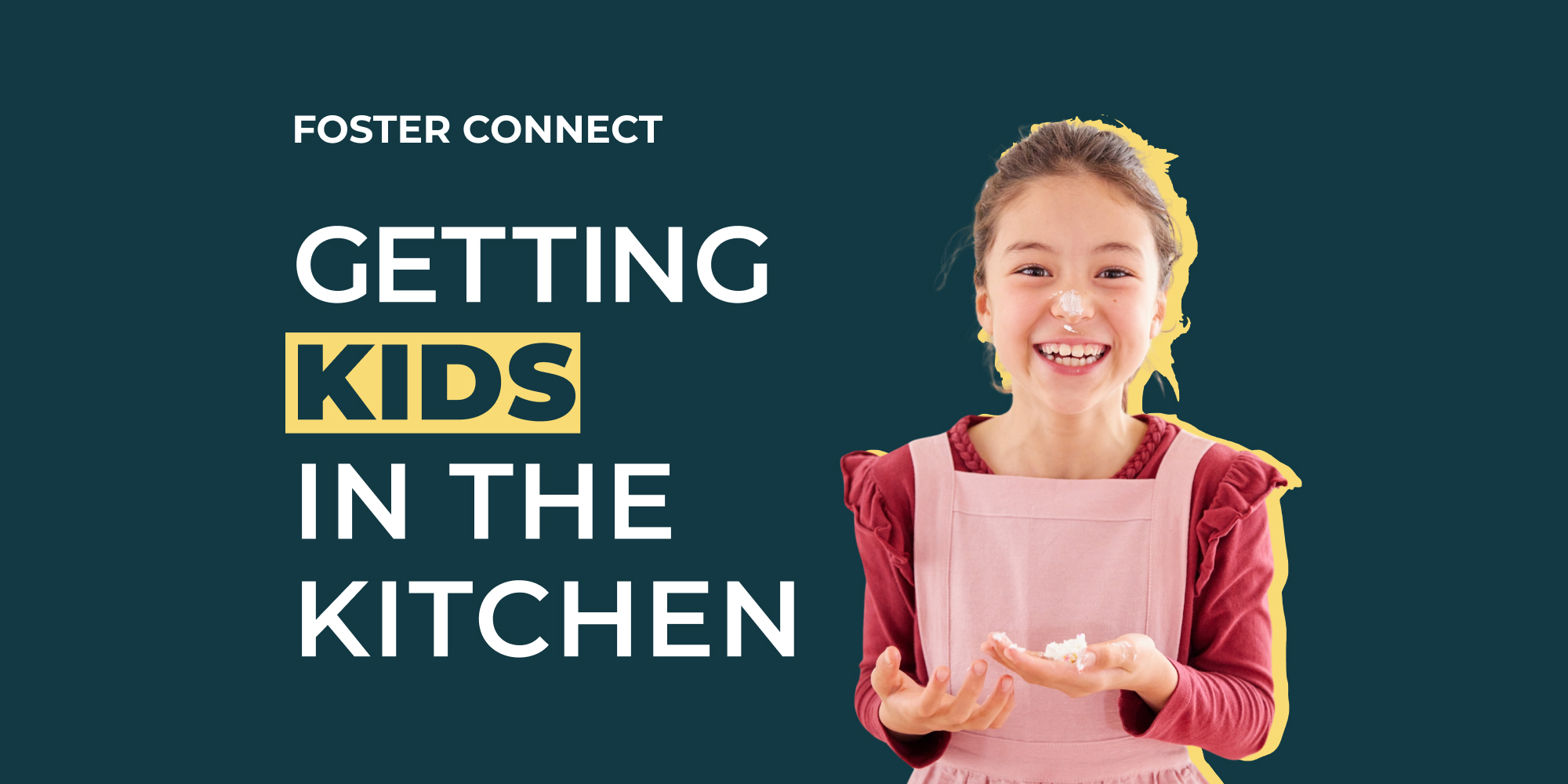PARENTING KIDS
WITH TRAUMA
IS DIFFERENT.
Are you struggling to understand your child’s big behaviors? Childhood trauma leaves deep wounds that require a different approach to parenting. We’ll teach you practical strategies that will help you interpret and meet the needs behind their behaviors.

What we do
What we offer
Access a variety of free services for foster parents at every stage. Whether you have questions as you get started or need one-on-one parent coaching on the tougher days, we’re here to offer the resources and support you need.
What’s coming up
Check out our service calendar to see upcoming training and connection opportunities. Choose from in-person offerings in the city nearest you or attend our virtual offerings from anywhere.
Billings Regional Events
Bozeman Regional Events
BUTTE Regional Events
Great Falls Regional Events
Helena Regional Events
Kalispell Regional Events
Miles City Regional Events
Missoula Regional Events
Statewide Virtual Events
Sign up for our HeyFam emails, and we’ll let you know about upcoming events and opportunities in your area.
Don't go it Alone












CHECK OUT our resource library
Access the best foster-relevant resources out there, compiled for your convenience. This one-of-a-kind collection combines various resources and original content spanning topics like reunification, new parent tips, sibling dynamics and so much more.

Common Questions
Who are your services for?
Our services are for parents caring for a child from foster care, whether they are fostering or have adopted from foster care. This does not include teachers, social workers, CASA, etc.
Can I attend if I've adopted internationally?
Our services and curriculum cater specifically to parents caring for children from foster care. Parents who have adopted a child from foster care are welcome, but international adoption falls outside of our scope of services.
What does it cost to use/attend your services?
Nothing. All our services are free with the exception of our annual Radiant Women's Retreat.
Should I sign up before attending services/events?
Please register to attend services you're interested in, even if it's last minute. This helps us know how many attendees to plan for.
Where do I RSVP?
You can view and sign up for all of our services/events here on our calendar.
Can I bring my kids?
- Foster Connect - Yes. Childcare is provided.
- Journey Group - Sometimes; ask your local team.
- Events/Socials - Yes. These events are for the whole family.
- Radiant - No.
Do you provide allergy friendly food?
We can provide allergy-friendly options for some events, but not all. Please let your local team know about any food allergies prior to an event you intend to attend.
Is it okay to arrive late or leave early?
Absolutely! We know schedules are busy, and you are welcome to come and go from our services and events as needed.
Will your trainings count toward my licensing hours?
In some regions, yes. Our trainings can be submitted to your licenser, and your region's licensers will decide whether to award credit for those hours.































